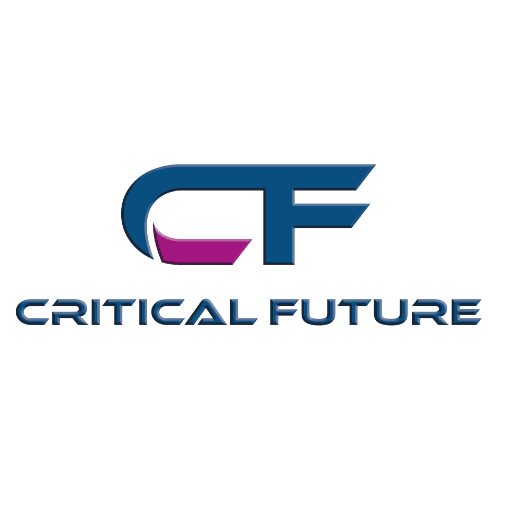AI Trends Shaping 2025: Transformations in Healthcare, Industry Automation, Finance, and Education
- March 14, 2025
- Posted by: Mai - CF Brand Ambassador
- Category: Daily Blogs
AI Trends Shaping 2025: Transformations in Healthcare, Industry Automation, Finance, and Education
As we move further into 2025, artificial intelligence continues to weave itself into the fabric of various industries, transforming practices and expectations in profound ways. From machine vision in healthcare, which is improving patient care and hospital workflows, to advancements in industry automation that elevate operational efficiencies, AI trends are becoming pivotal drivers of innovation. This exploration delves into the latest AI trends across key sectors including healthcare, industry, finance, and education, revealing the ways in which intelligent systems are redefining the future.
AI’s Growing Role in Healthcare
AI technologies have made remarkable strides in healthcare, particularly with the integration of machine vision and the Internet of Medical Things (IoMT). Hospitals are now deploying AI-driven sensors and cameras in patient rooms that are capable of delivering real-time data to improve clinical workflows and proactive patient care. Moreover, multimodal AI models have become more robust, enabling more accurate diagnoses by processing diverse types of input—ranging from visual data to ambient sound analysis—thereby enhancing the decision-making process for medical professionals.
Revolutionizing Industry Automation
In the automation sector, AI’s role is being augmented through machine learning and robotics, facilitating an unprecedented level of precision and adaptability in manufacturing and logistics. Companies are leveraging AI to optimize supply chains, reduce operational costs, and enhance production quality. Autonomous systems, backed by sophisticated neural networks, are now capable of carrying out complex tasks with minimal human intervention, leading to faster and more efficient industrial operations. This trend is setting the stage for a new era of smart factories and intelligent automation systems.
AI in the Finance Sector
The finance industry has been embracing AI to not only predict market trends and manage financial risks but also to enrich customer service through personalized financial advice and fraud detection. The recent AI in Finance Summit held in New York City highlighted these advances, showcasing how banks and financial institutions are utilizing AI to enhance their operations and provide value-added services to their clients. As AI models continue to advance, financial entities are poised to gain deeper insights into market dynamics, guiding strategic decisions and innovations.

Transforming Education with AI
In education, AI tools have made significant impacts beyond the traditional classroom setting. With multimodal AI, educational platforms are evolving to offer comprehensive learning experiences that incorporate audio, visual, and text-based resources into their curriculums. This trend is also seen in practical applications, where AI is being used to streamline administrative tasks, allowing educators to focus more on personalized teaching methods. These innovations not only enhance the learning experience but also prepare students for a future where AI literacy is essential.

The Future Implications of AI Advancement
Looking ahead, the implications of AI advancements are vast and varied across all sectors. In healthcare, the potential for AI to predict patient outcomes and personalize treatment plans is incredibly promising, though it raises questions about data privacy and security. Industry automation’s shift towards more autonomous systems will likely lead to organizational changes and new workforce dynamics, necessitating a reevaluation of job roles and skills. The finance industry’s use of AI in risk management and customer interaction could redefine financial services, enhancing transparency and efficiency.

In education, AI’s role in providing personalized learning experiences and administrative support will continue to evolve, fostering lifelong learning and adapting to individual learning paces and styles. However, as AI technologies become more integrated into daily life, ethical considerations surrounding AI decision-making and data handling are crucial. Industry experts emphasize the need for clear guidelines and regulatory frameworks to ensure that AI is developed and deployed responsibly.
What This Means For Our Future
As AI continues to advance, shaping the landscapes of healthcare, industry, finance, and education, the question remains: How will we balance technological innovation with human oversight? The potential for AI to enhance human capabilities is vast, but it requires a thoughtful approach to ensure that we harness these technologies to benefit society as a whole. As we embrace these changes, the future remains a canvas, open to the possibilities of what AI can achieve.
